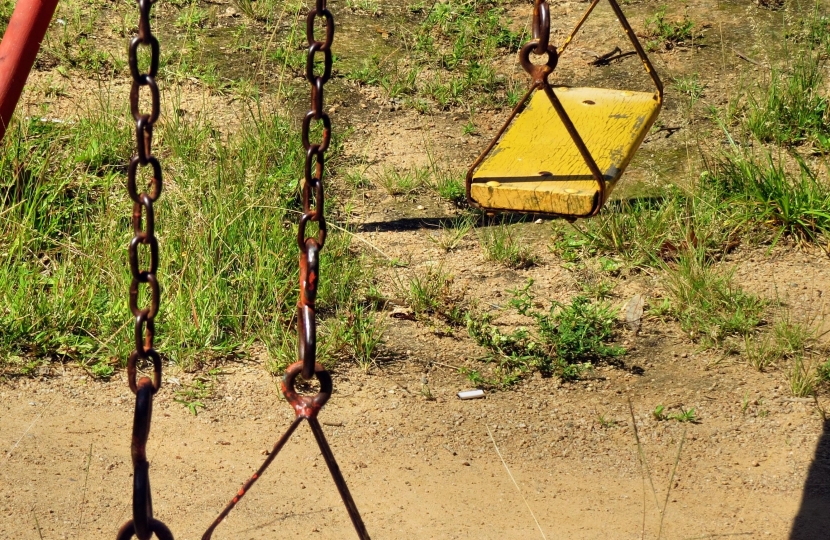
Although Child poverty in Wales fell briefly to the UK level in the middle of the last decade, it started rising above UK levels again before the financial crash and recession – and only started falling after the change of UK Government in 2010.
At 28%, Child Poverty levels in Wales still exceeded Scotland and Northern Ireland last year.
However, according to End Child Poverty Local Authority data in January, 178,676 children in Wales are considered to be in poverty after housing costs– with Child poverty in Wales, per capita, above the UK average, where 1 in 3 live in poverty after housing costs, compared with 1 in 4 in Scotland and England.
AND Child Poverty cannot be looked at in isolation.
After 19 years of Labour Welsh Government, Wales has the highest poverty rates of all UK nations at 24%, the highest level in Wales since 2007-08.
Wales also has the second highest poverty rates out of all the UK regions.
Further, Joseph Rowntree Foundation’s “Poverty in Wales 2018” report found that the proportion of households living in Income Poverty in Wales remains higher than in England, Scotland and Northern Ireland – and that poverty among couples with children has been rising since 2003-06.
During Labour’s last term in UK Government, the number of unemployed people increased by one million, Youth unemployment rose by 44 per cent and the number of households where no member had ever worked nearly doubled.
UK employment is now at a record high, unemployment at a 40-year low, and the number of young people out of work down by nearly 408,000 since 2010.
But almost 2 decades of Labour Welsh Government has left Wales trailing behind.
14% of children in Wales live in a workless household, compared to 11% for the UK.
Wales has the lowest employment rate and highest economic inactivity rate in Britain, and the highest unemployment rate of UK nations.
The Bevan Foundation’s March 2018 employment briefing reports that although “having job security enables workers to plan their daily lives and have a secure income … the proportion in non-permanent employment is higher in Wales than in Britain and has stayed relatively high, whereas the proportion has declined in Britain”.
In January, the ONS reported that income inequality has fallen over the last decade and households have more disposable income than at any time previously, with the incomes of the poorest households up nearly £2000 compared to pre-downturn levels.
However, although UK real wages are now rising faster than prices, Welsh workers now have the lowest weekly wages out of the all UK nations, with gross weekly earnings £46 behind the UK level.
Twenty years ago, Welsh and Scottish workers had identical weekly pay-packets - twenty years later - a Scottish weekly pay-packet contains £43 more than a Welsh pay-packet.
I therefore move Amendment 1, which proposes that the National Assembly for Wales:
1. Notes that child poverty levels in Wales stand above the UK level with rates rising before the last recession.
2. Notes research for Save the Children Cymru which found that: “By age five around a third of children living in poverty (30-35 per cent) were already falling behind across a range of cognitive outcomes”.
3. Recognises that although UK Government policy in reserved areas also applies in Wales, the Welsh Government has responsibility for promoting prosperity and tackling poverty programmes, including Communities First, in Wales since 1999.
4. Notes the importance of access to high-quality early childhood education and care for children in Wales and the need for targeted support for children living in poverty.
5. AND further calls on the Welsh Government to take all steps within its powers to tackle child poverty as part of a new plan for eliminating child poverty that includes SMART targets rather than vague statements.
The Welsh Government ended its Communities First Programme after spending nearly £0.5 Billion on it.
As the Bevan Foundation stated:
“‘Communities First’ did not reduce the headline rates of poverty in the vast majority of communities, still less Wales as a whole.
They added that “a new programme should be co-produced by communities and professionals, and not be directed top down, that it should be based on a clear theory of change, building on people’s and communities’ assets, not deficits, and that local action should be led by established community-based organisations with a strong track record of delivery, which have significant community engagement.”
As they also stated, “if people feel that policies are imposed in them, the policies do